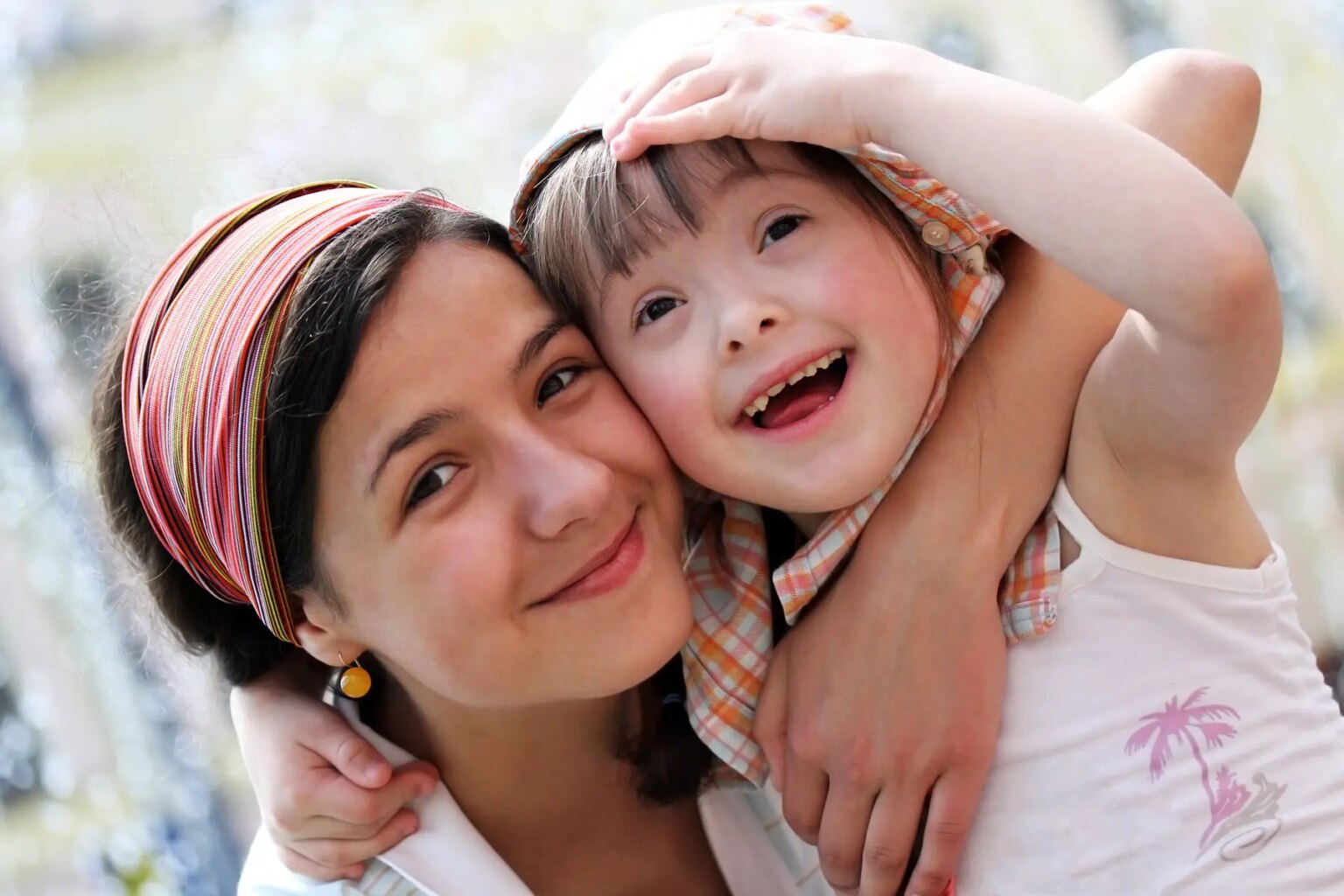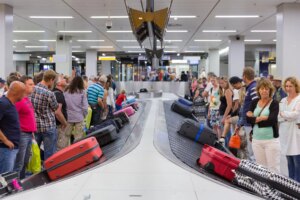The Netherlands has legislation protecting the rights of people with a physical, mental, emotional, or sensory impairment that ensures equal access to social, economic, and transport systems and encourages full participation in society. In typical Dutch fashion, multiple ministries and organizations coordinate policy. Your doctor, city hall, or one of the major advice centers (e.g., Ieder(in), MEE) can point you in the right direction.
Transport
Old Dutch cities with narrow, uneven streets and bikes parked everywhere are not brilliant terrain for those in wheelchairs, but access is improving.
Help is available getting to/through Schiphol airport and Dutch railways, and there’s a bureau for disabled travelers (call 030 235 7822 or register online) to request journey assistance. Your gemeente site will give local information, often in English, for the location of disabled parking places and other access issues, or look up zorg en welzijn and gehandicapten.
Education
Wherever possible, children are encouraged to attend mainstream primary schools under the ‘Going to school together’ policy. A new Inclusive Education Act (Wet Passend Onderwijs) came into effect in 2014, which requires all schools to provide equal learning opportunities for every child.
The school of their choice – special or mainstream – will receive funding to cater for their needs, and the school will arrange assistance as required.
Parents can also opt for a special school, whether a speciaal basisonderwijs (SBO) school for learning and behavioral support or a speciaal onderwijs (SO) school for specific special needs. The language of instruction is Dutch, but children from a non-Dutch background can sometimes be taught in their mother tongue to help them settle in. You will find SEN teachers at international schools (public and private) where the language of instruction will be (mostly) English, but you may have to fund the assistant. Contact the school directly in the first instance.
Funding
Many services (such as transport) are supported by government funding but there is also financial support for individual families, such as additional child benefits, healthcare and carer allowances, and adaptations to home or transport. Search the government welfare site SVB to see if you qualify for a carer’s allowance (TOG) or a personal budget (PGB) to cover support costs.
Going out
A combination of wheelchair-accessible activities and accommodation can be found at www.accessibletravelnl.com, and restaurants on several sites (for example, www.dinnersite.nl). Good sources for sporty types include Stichting Resa or Fonds Gehandicapten Sport. Amsterdam has a dedicated site detailing accessible buildings on Cliëntenbelang Amsterdam.
Holidays
De Zeeland offers adapted sailing trips for wheelchair users and families, and some campsites such as De Ruimte caters to children with special needs. Find out about accessible nature reserves and recreation areas at Staatsbosbeheer. For further travel, organized group trips are available at www.gehandicaptenreizen.nl.
Assistance organizations
- MEE: Support and help for living with a disability | +31 (0)900 999 88 88
- Ieder(in): Network for the chronically ill and disabled | +31 (0)30 720 0000
- Accessibility Foundation: Accessible internet for all | +31 (0)30 239 82 70
- Valys: Regional assisted transport | +31 (0)900 9630
- Handilinks: A useful portal with lots of related links
- Landelijk Netwerk Autisme
- Stichting Down Syndroom
- Deaf/blind support: www.doofblind.nl
- Children/teenagers support: Stichting het Gehandicapte Kind; Spierziekten Nederland
Readers’ recommendations:






